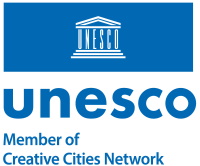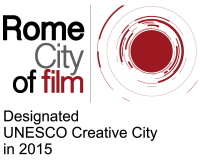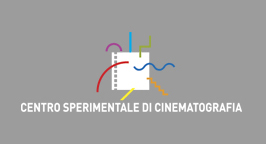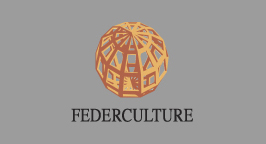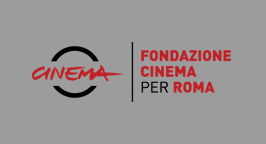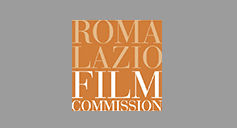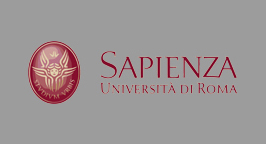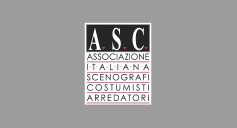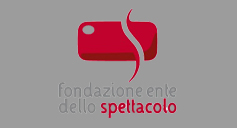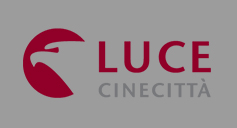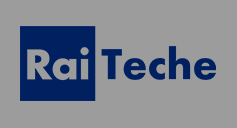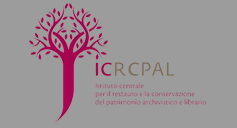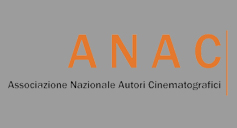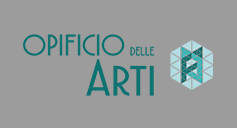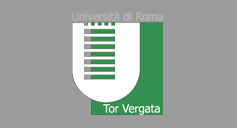
ISTITUTO LUCE, CINECITTÀ
Istituto Luce, Cinecittà supports the Rome City of Film campaign.
As one of film industry’s major institutions, Istituto Luce Cinecittà exists to support and sustain Italian cinema. Following a long period of corporate reorganisation and the merger between Cinecittà Holdings and Istituto Luce S.p.A, and with full backing from the Ministry for the Economy and Finance, Istituto Luce Cinecittà is finally reborn as Istituto Luce Cinecittà S.r.l. in 2011. This new structure combines the organization’s roots - which stretch back to the original Istituto Luce's foundation in 1924 - with the richness of the combined contributions made by the two organizations over time.
Istituto Luce Archive. Listed in Unesco’s Memory of the World Registry since 2013. Film and photographic materials are valued through their conservation, restoration and digitisation. A significant part of these materials may be consulted online, and made available for exhibitions, festivals and educational programmes. An ever-expanding network of national and international collaboration between archives is also helping to create a shared, collective heritage accessible to all.
Film Library. Contains almost 2000 films making up our national cinema history, many of which have been restored in film and digital formats, and support the promotion of classic cinema. Collections and monographs are regularly accompanied by publications available in multiple languages. The Film Library is also a tool for the dissemination, teaching and promotion of our national cinema, with many titles available having been selected for national and international festivals.
Museum of Italian Cinema at Cinecittà. A permanent visual arts exhibition will be installed, combining film clips from the Institute’s collection with the RAI Cabinet Archives and other existing audiovisual archives from across the country, all with the aim of telling Italy’s story through newsreel, documentary, film and photography. In addition to temporary exhibitions on a theme, space will also be given over to tasks consigned to the past: the use of celluloid film, soundtrack and editing techniques, set design and shooting methods.
International promotion of the audiovisual arts. Every single activity should be considered a factor in the development and internationalisation of our audiovisual industries. The Institute takes part in Rome’s Audiovisual Fair and, thanks to the involvement of the Ministry for Economic Development, activities promoting the audiovisual arts around the world; these gain special consideration for commercial distribution by virtue of subsidies which facilitate the release of our films and documentaries, as well as co-producing exchanges for film or TV productions.
